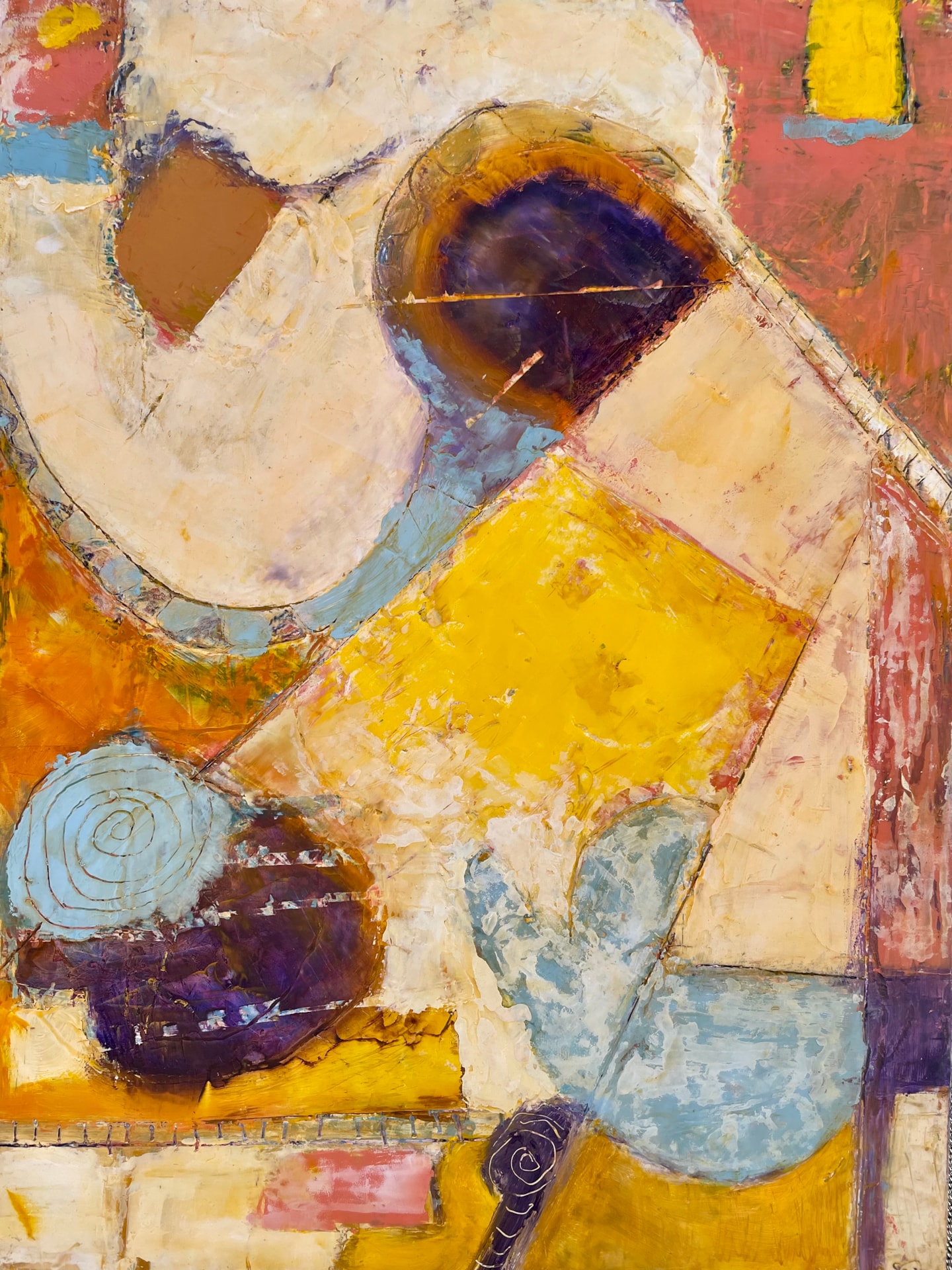Inscape Journal is named after the concept coined by Gerald Manley Hopkins, meaning the inward quality of a thing. He wrote about “inscape” often in his journals and letters.
The essential and only lasting thing left out—what I call ‘inscape’, that is species or individually distinctive beauty of style.
G. M. Hopkins, Letters to Robert Bridges (1955) 66
Design, pattern, or what I am in the habit of calling ‘inscape’ is what I above all aim at in poetry. Now it is the virtue of design, pattern, or inscape to be distinctive.
G. M. Hopkins, Further Letters (1956) 373
Hopkins believed that the purpose of poetry was to understand the inner, divine nature of things. He believed that everything, from a blade of grass to a human soul, has a distinct inner identity that “reveals the unity of all creation” and points to “God’s design of it.” Hopkins believed that God created the inscape of things and that it was only through divine force that the poet could perceive and embody it in art. The act of recognizing the inscape of things was a way of praising God.
As editor-in-chief of Inscape Journal, I have seen again and again how the writers and artists we publish distill something essential about the nature of things and life, how they manage to find belief in the bizarre, how they create something beautiful by bearing witness.
This issue is no different. Through the acts of crying “the Full Monty. Surrender. A broken dam” (No Crying in Baseball), recognizing that “Maybe [we’re] just animal enough” (Autoimmune), seeing the shapes of whole lives as “earth continues its orbit” (Orbits), grieving “as the sky gather(s) into storm clouds (Three Weeks Ago, I Found a Body, Dead), letting “laughter [be] our sonic friendship necklace” (Communion of Saints), and believing “the emptiness will shine” (Pietà) we recognize the inscape inside each moment and thing. We recognize some glimmer of the divine even when it’s hard to see. We choose to hope, to believe, to move forward into tomorrow.
As one of my favorite poems in this issue invites us, we must “taste what’s here: all facets of creation . . . Be brave enough to see, to look deep down into matter. / Risk being dazzled to near-death by the intensity of light” (Don’t Cry for All the Loves You’ve Lost).
Sources:
Mitchell, Dr. Philip Irving Mitchell. Accessed April 1, 2025. “Gerard Manley Hopkins: The Sacrament of the World, or God’s Inscape.” Dallas Baptist University. https://www.dbu.edu/mitchell/world-literature-ii/hopkins.html#:~:text=God’s%20instress%20reveals%20the%20inscape,to%20discover%20it%20via%20instress.
Oxford English Dictionary. “inscape (n.),” July 2023, https://doi.org/10.1093/OED/2870111412.



